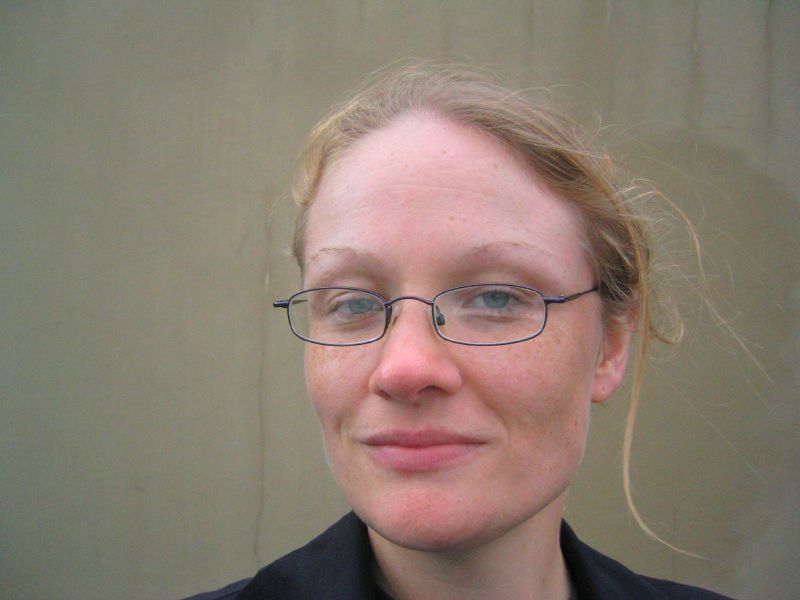Recently I’ve been inspired by the vodcasts* from the New Yorker 2012 series (*strangely, they didn’t allow live blogging – ironically not very web 2.0!), in particular ‘Genius 2012’, as presented by
Malcolm Gladwell (author of Tipping Point and Blink, himself undoubtedly pertaining to that genre of thinker!).
All presentations are of note, exemplifying the solid thinking happening across the Pacific, but those which really resonated were ‘Morality 2012’, in which Jonathan Haidt talks with Henry Finder of the five foundations of morality and why Democrats just can’t get mainstream behaviour, and ‘The Web 2012’, which consists of a panel of Barry Diller, Arianna Huffington, and Craig Newmark, as moderated by Ken Auletta. I will blog in further detail on ‘Intellectual Property 2012’ at a later time, where I consider Tim Wu’s interactions with Jeffrey Toobin about freedom and control of knowledge assets.
Resonating with my previous post on the Web 2.0 inability to achieve a state of flow, Gladwell observes, 'Modern problems require persistence more than genius, and we ought to value quantity over quality when it comes to intelligence... When you're dealing with something as complex and as difficult as Fermat's last theorem, you're better off with a large number of smart guys than a small number of geniuses.'
The point of interest is that he advocates taking problems slowly - noting that expertise comes with approx. 10,000 hours of training. He thereby identifies the 'mismatch problem', which is simply the idea that standards used to judge/predict success in a given field don't match what it takes to be successful in that field.
For example, when diagnosing colonoscopies, it's how much time the doctor spends on each colonoscopy, not how smart they are, how much training they have, where s/he went to school etc. that determines success. If you spend more than 10 minutes on each colonoscopy rather than one, you'll find the cancers. However, we select and train doctors for their cognitive facility, for, amongst other things, the speed at which they acquire information and the efficiency with which they go about their tasks.
I transcribed:
'But here we're saying the critical part of what it means to be good, to succeed at the very specific and critical task at finding colon cancers, has nothing to do with speed of facility - on the contrary, it depends on those who are willing to take their time and willing to very very painstakingly go through something that seems like it can be done in a minute. In other words, that's a mismatch: we select on a cognitive grounds for people being fast at things, but what we really want is a personality characteristic that allows people to be slow at critical things. Here we have the same thing with Wiles in a certain sense. We have erected in our society a system that selects people for tasks like solving Fermat's or tackling big modern problems on the basis of their intelligence and the smarter they seem to be, the more we push them forward. But what we're saying with Wiles is, that the critical issue here was not his intellectual brilliance, it was his stubbornness, it was the notion that he was willing to put everything else aside and spend 10,000 hours on a problem no-one else thought could be solved. So, this is the question: Are we actually selecting people for stubbornness? I don't think we are.'
So, let's go and be persistent and collaborative in our PhDs! :)
Subscribe to:
Post Comments (Atom)



No comments:
Post a Comment